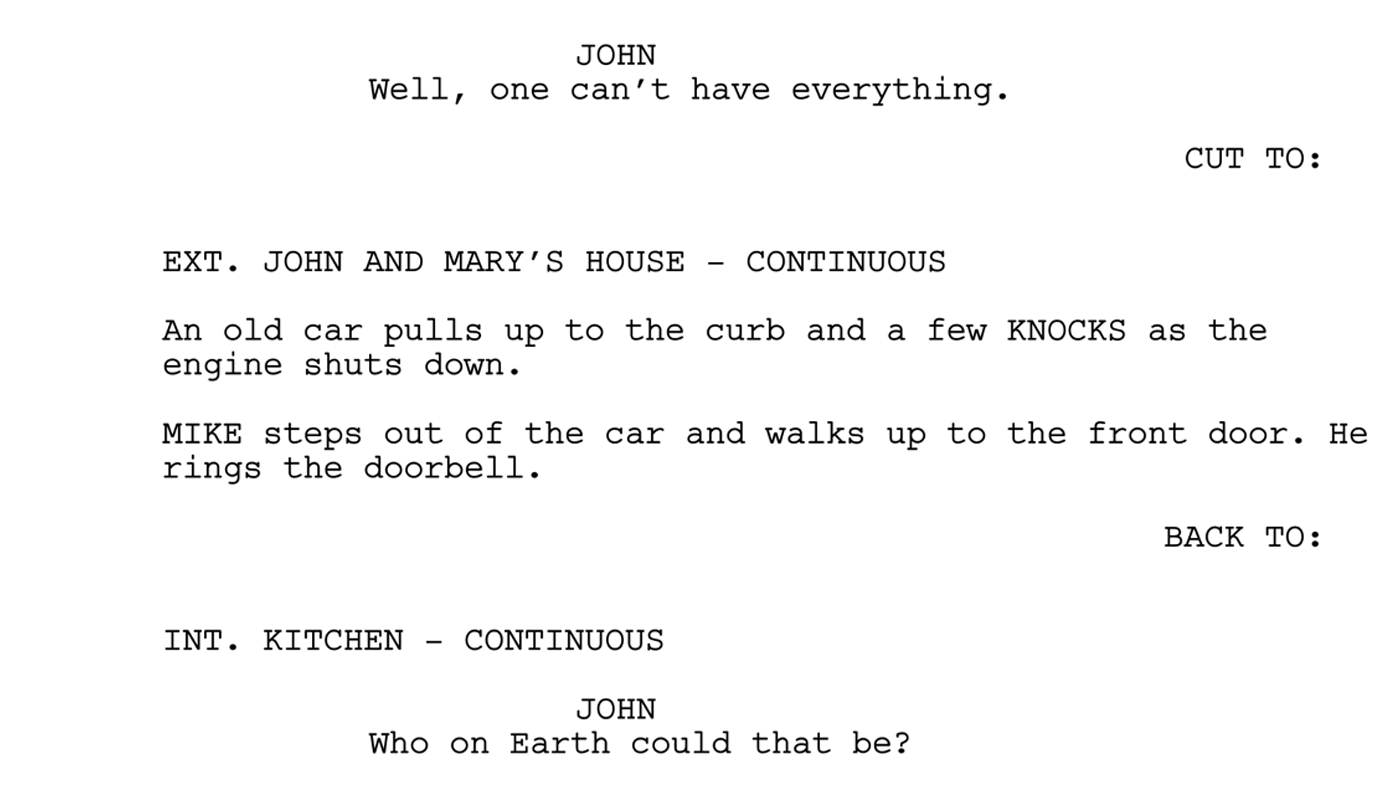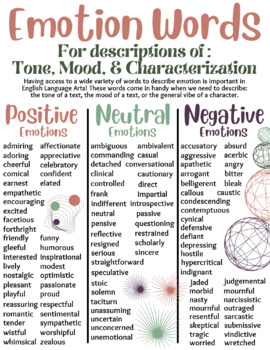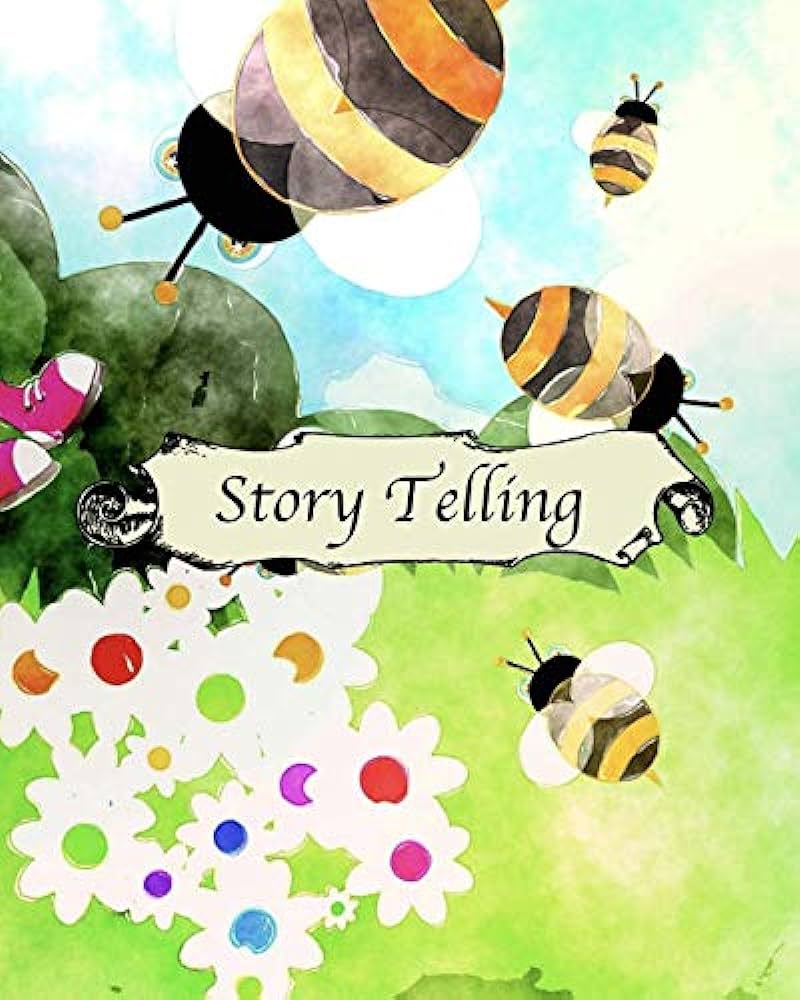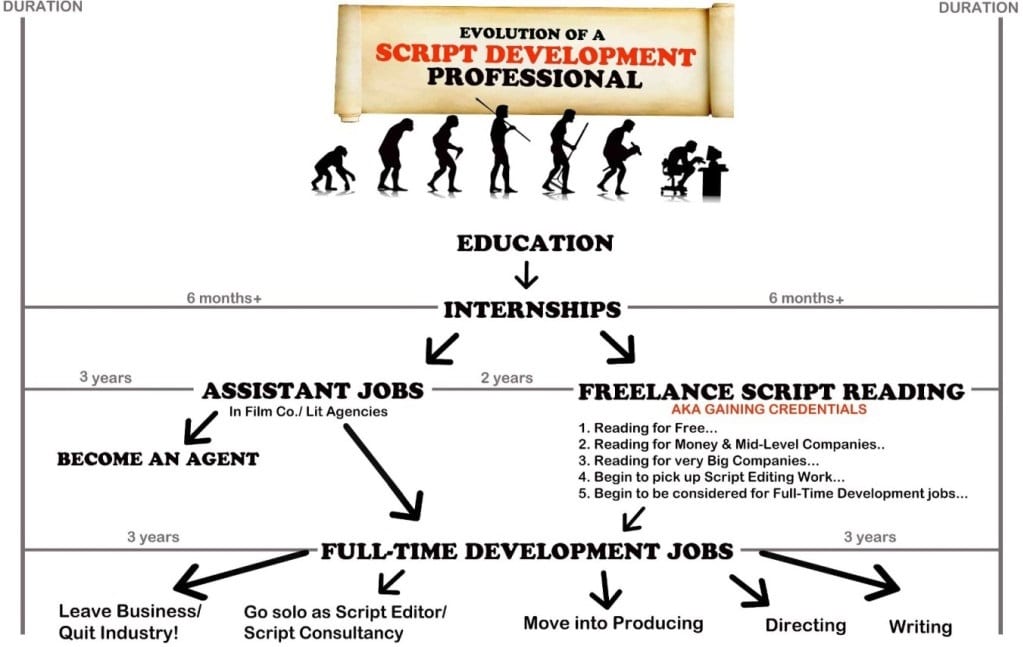Title: Unlocking the Secrets of Script Doctoring and Editing: A Comprehensive Guide
Are you a struggling screenwriter or filmmaker looking to improve your script? Or maybe you’re a producer or director seeking to fine-tune your project? In either case, script doctoring and editing may be just what you need to take your script to the next level.
Script doctoring and editing are art forms in themselves. The former involves restructuring, rewriting, and polishing a script to make it more engaging, while the latter involves correcting grammatical errors, improving clarity, and refining the language of the script. Both are crucial steps in the script development process, and can make all the difference in how your finished film turns out.
In this guide, we’ll take a deep dive into the secrets of script doctoring and editing, and provide you with some actionable tips to help you level up your screenwriting game.
1. Understand the importance of script doctoring and editing
Firstly, it’s important to understand why script doctoring and editing are so important. A well-written, well-polished script is more likely to incite interest from producers, investors, and audiences alike. Conversely, a poorly written script may fall flat, no matter how good the story is. Script doctoring and editing are also critical in keeping the script cohesive, maintaining a consistent tone and voice, and ensuring that the audience stays engaged from start to finish.
2. Know the difference between script doctoring and editing
It’s important to distinguish between script doctoring and editing, as they are two different processes with their own set of goals and outcomes. Script doctoring involves restructuring the script’s plot and characters, revising dialogue, and rewriting sections of the script, while editing focuses on correcting grammar and spelling errors, improving sentence structure, and refining the language of the script.
3. Adopt a critical mindset
Being a successful script doctor or editor requires that you be able to view the script with a critical eye. This means not being afraid to make bold choices and take calculated risks to improve the script. It also means being able to identify weaknesses in the script that need to be addressed, and being able to provide effective solutions.
4. Use beta readers
Beta readers are a valuable resource in the script development process. These are individuals who read your script and offer feedback, providing a fresh perspective on the script and identifying issues that you may have missed. Beta readers can be friends, family, or colleagues, and can offer honest feedback that can help you improve your script.
5. Stay focused on the story
It’s easy to get bogged down in the minutiae of script editing and doctoring, but it’s important to stay focused on the bigger picture – the story. Every change you make should be in service of the story, and should help move the narrative forward in a compelling way.
Script doctoring and editing are critical components of the script development process, and can make or break your finished film. By understanding the importance of these processes, knowing the difference between them, adopting a critical mindset, using beta readers, and staying focused on the story, you can take your script to the next level and produce a film that truly resonates with audiences.
In conclusion, script doctoring and editing are valuable skills that can be learned through practice and experience. With the right mindset and approach, you can unlock the secrets to making your script truly shine.











